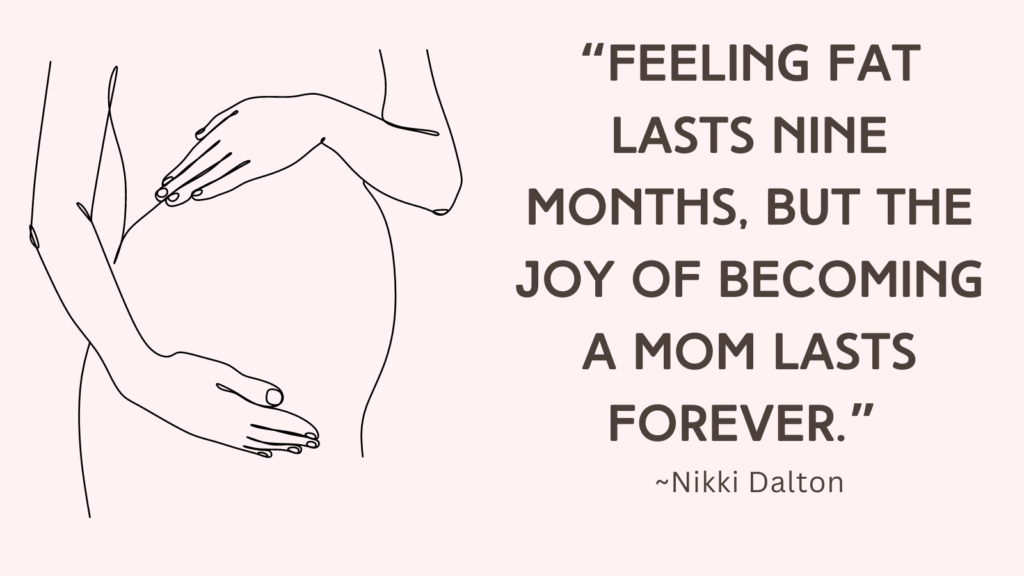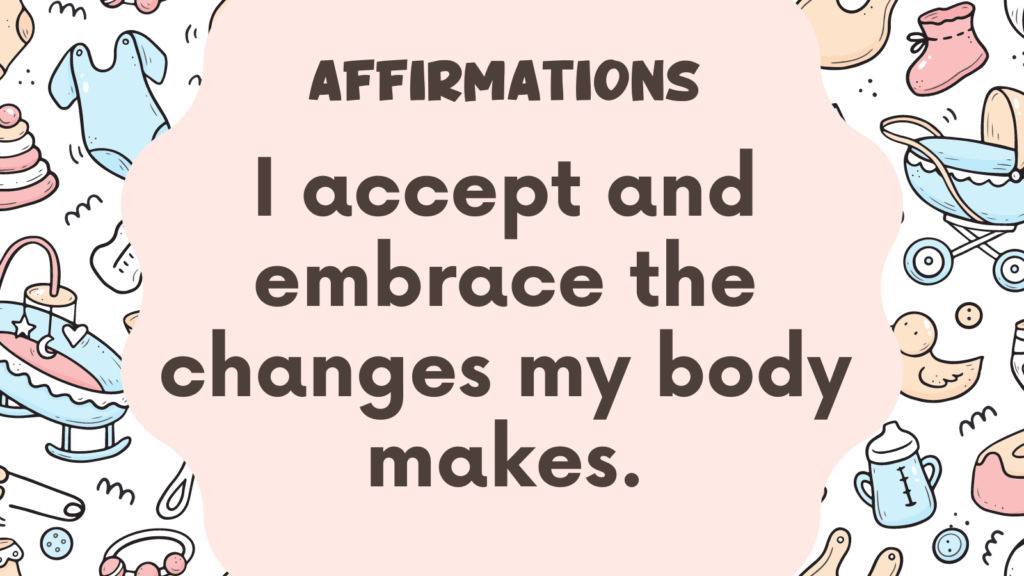In this post, you’ll learn how to relieve jaw pain during pregnancy.
Causes of Jaw Pain During Pregnancy
Here are some symptoms that may be associated with jaw pain during pregnancy:
1. Hormonal changes
Pregnancy hormones like progesterone and estrogen can cause increased blood flow and fluid retention, leading to inflammation and swelling in various parts of the body, including the jaw joints.
1. TMJ (Temporomandibular Joint) pain
TMJ disorders occur when there is a dysfunction or misalignment of the jaw joint.
The physical changes and added stress on the body during pregnancy can exacerbate any existing TMJ issues or even lead to their development.
2. Bruxism (Teeth grinding)
Pregnancy-related stress and hormonal changes can contribute to teeth grinding or clenching during sleep, which can result in jaw pain and tooth sensitivity.
3. Sinus congestion
Pregnancy hormones can cause nasal congestion and sinus pressure, which can lead to referred pain in the jaw area.
4. Gum disease
Pregnancy gingivitis is a common condition characterized by swollen, tender, or bleeding gums.
In some cases, gum disease can cause jaw pain or discomfort.
5. Eustachian tube dysfunction
Changes in hormone levels and increased blood volume during pregnancy can affect the
Eustachian tubes in the ears, leading to feelings of ear fullness, pain, or discomfort that may radiate to the jaw area.
6. Dental issues
Pregnancy can make pre-existing dental problems worse or increase the chance of developing new issues.
Cavities, tooth infections, or abscesses can cause jaw pain.
It is important to consult with your healthcare provider or dentist if you are experiencing jaw pain during pregnancy.
They can evaluate your symptoms, provide a proper diagnosis, and recommend appropriate treatment options to alleviate the discomfort.
Related: How To Relieve Neck Pain During Pregnancy?
How to Relieve Jaw Pain During Pregnancy?
There are several ways to help relieve jaw pain during pregnancy. Here are some suggestions:
1. Apply a warm or cold compress
A warm compress can help relax the muscles, increase blood flow, and reduce inflammation.
To make a warm compress, you can soak a clean cloth in warm water and gently place it on your jaw for around 15 minutes.
On the other hand, a cold compress can numb the area and provide temporary pain relief by reducing swelling.
You can create a cold compress by wrapping ice packs or frozen vegetables in a thin towel and applying it to your jaw for short periods of time.
It’s important to note that you should never apply ice or heat directly to your skin, and always use a protective barrier like a cloth or towel.
Related: How to Relieve Itchy Breasts During Pregnancy? Top 8 Ways
2. Practice relaxation techniques
Deep breathing exercises can help relax your facial muscles, reducing tension and alleviating pain.
Here’s a simple breathing exercise that you can try:
1. Find a comfortable and quiet place to sit or lie down.
2. Close your eyes and take a moment to relax your body.
3. Take a deep breath in through your nose, filling your lungs with air. Feel your abdomen expand as you inhale.
4. Hold your breath for a couple of seconds without straining.
5. Slowly exhale through your mouth, letting go of any tension or stress. Feel your abdomen gently deflate as you breathe out.
6. Repeat this deep breathing pattern for a few minutes, focusing on the sensation of your breath entering and leaving your body.
7. As you continue, try to slow down your breathing even more, making each breath longer and deeper.
8. If your mind starts to wander, gently bring your attention back to your breath.
9. Practice this breathing exercise whenever you feel stressed, anxious, or in need of relaxation.
Remember, deep breathing can help promote relaxation, reduce stress, and increase oxygen flow to your body, so don’t hesitate to incorporate it into your daily routine for overall well-being.
Related: Best 7 Pregnancy Self Care Products
3. Maintain good posture
When we slouch or have poor posture, it can put additional strain on our jaw joints and muscles, exacerbating the pain.
By sitting or standing up straight, you can help align your body properly, reducing tension in the jaw area.
Additionally, practicing good posture can improve overall body alignment, ensuring that your spine, neck, and jaw are all properly aligned.
To maintain good posture, try to be conscious of how you sit or stand throughout the day.
Avoid slumping forward or slouching, instead, keep your shoulders relaxed and gently pulled back.
When sitting, use a chair with good back support or add a lumbar pillow if needed.
Sit with your feet flat on the floor and distribute your weight evenly on both hips.
If you spend long periods at a desk or computer, it’s important to take regular breaks to stretch and move around, as prolonged sitting can increase tension in the jaw muscles.
Related: How To Use A Pregnancy Pillow?
4. Avoid excessive jaw movement
This means being mindful of not clenching your jaw or grinding your teeth, as these actions can exacerbate the pain.
Instead, try to keep your jaw relaxed and ensure that your teeth are not constantly touching each other.
You may also find it helpful to avoid hard and chewy foods that require extensive jaw movement.
Opt for softer alternatives such as soups, smoothies, or mashed foods.
5. Gentle jaw exercises
These exercises involve stretching and relaxing the jaw muscles, promoting better blood circulation and reducing tension.
One simple exercise is to open your mouth as wide as possible, then slowly close it while keeping your tongue on the roof of your mouth.
Repeat this several times to help relax the muscles.
Another exercise involves placing your index fingers on your temples and gently massaging in a circular motion for a few minutes.
This can help alleviate any tension or soreness in the jaw area.
It’s essential to perform these exercises gently and not exert too much force, as pregnancy can make the jaw more sensitive.
Related: Herniated Stretch Mark: Best Ways to Prevent & Treat it
6. Use a mouthguard
A mouthguard helps by providing cushioning and support to the jaw, reducing the strain on the temporomandibular joint (TMJ).
The mouthguard will help prevent teeth grinding and clenching, which can aggravate jaw pain.
Additionally, wearing a mouthguard can provide a gentle reminder to relax your jaw muscles, reducing tension and promoting a more comfortable state.
However, it’s crucial to consult with your healthcare provider or dentist before using a mouthguard, as they can assess your specific needs and provide personalized advice based on your pregnancy stage and jaw pain severity.
Related: Best 70 Pregnancy Hacks (+Products Recommendation)
7. Stay hydrated
Drinking enough water throughout the day can help keep your body well-nourished and hydrated, which in turn promotes proper blood circulation and muscle relaxation.
Dehydration can exacerbate muscle tension, leading to jaw pain or worsening existing discomfort.
It’s recommended to drink at least 8-10 glasses of water daily or more if you feel thirsty or are in a hot and humid environment.
Additionally, incorporating foods with high water content, such as fruits and vegetables, into your diet can also contribute to hydration.
8. Seek professional help
Jaw pain can be caused by a variety of factors, such as hormonal changes, increased blood flow, or even teeth grinding due to stress.
A healthcare provider, such as an obstetrician or a dentist specializing in pregnancy-related issues, can assess your condition and provide appropriate guidance and treatment options.
They may recommend gentle exercises to ease jaw tension, prescribe safe pain relief medications, or suggest alternative therapies like acupuncture or physiotherapy.
Additionally, professionals can also address any underlying dental issues that might be contributing to the pain.
Related: Top 12 Tips On How To Deal With Morning Sickness At Work
Conclusion
During pregnancy, many women may experience jaw pain due to hormonal changes, increased blood flow, and the natural stress placed on the body.
It’s essential to consult with your healthcare provider before trying any new techniques or remedies, as they can provide individualized guidance based on your specific situation.




